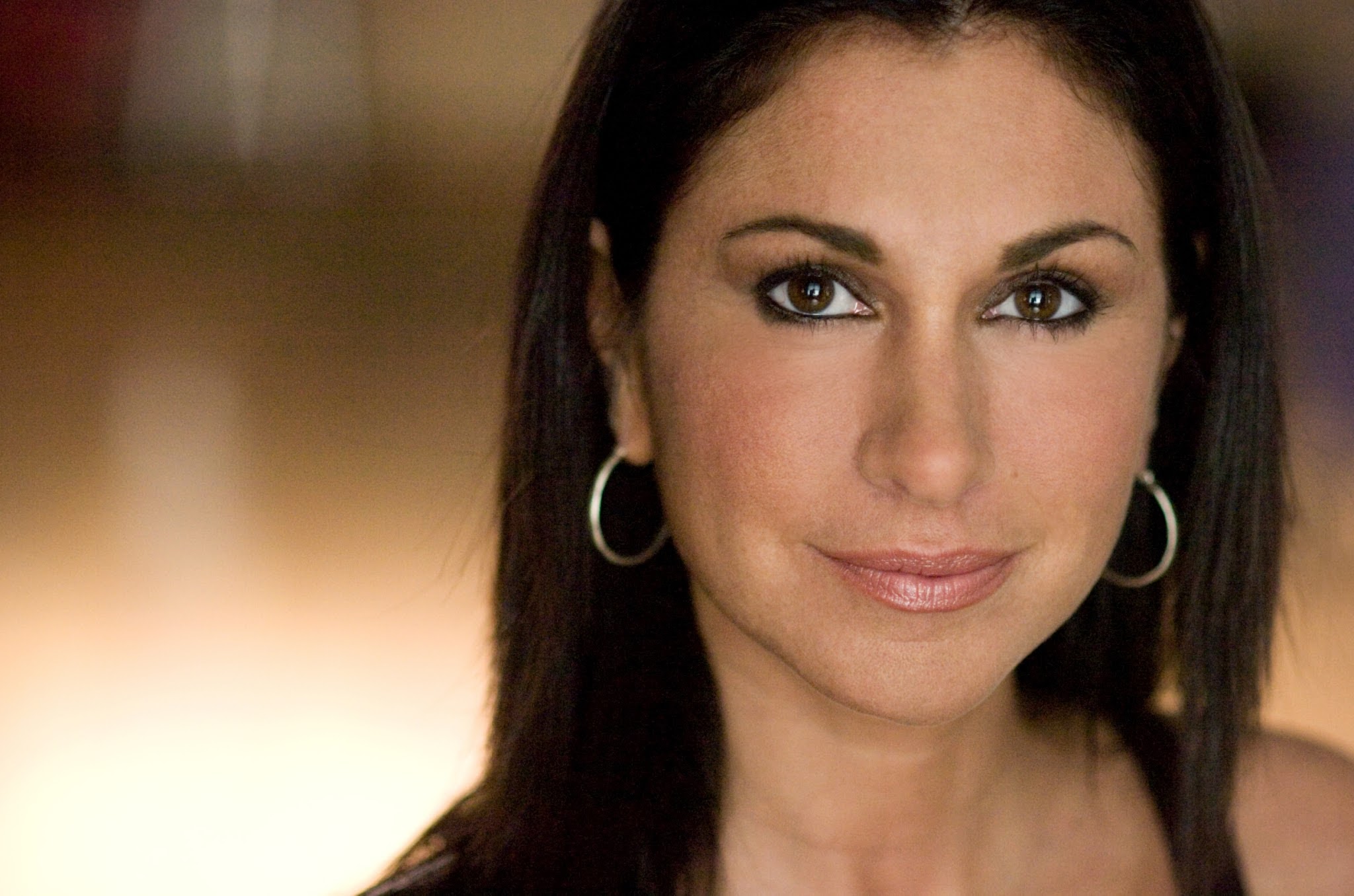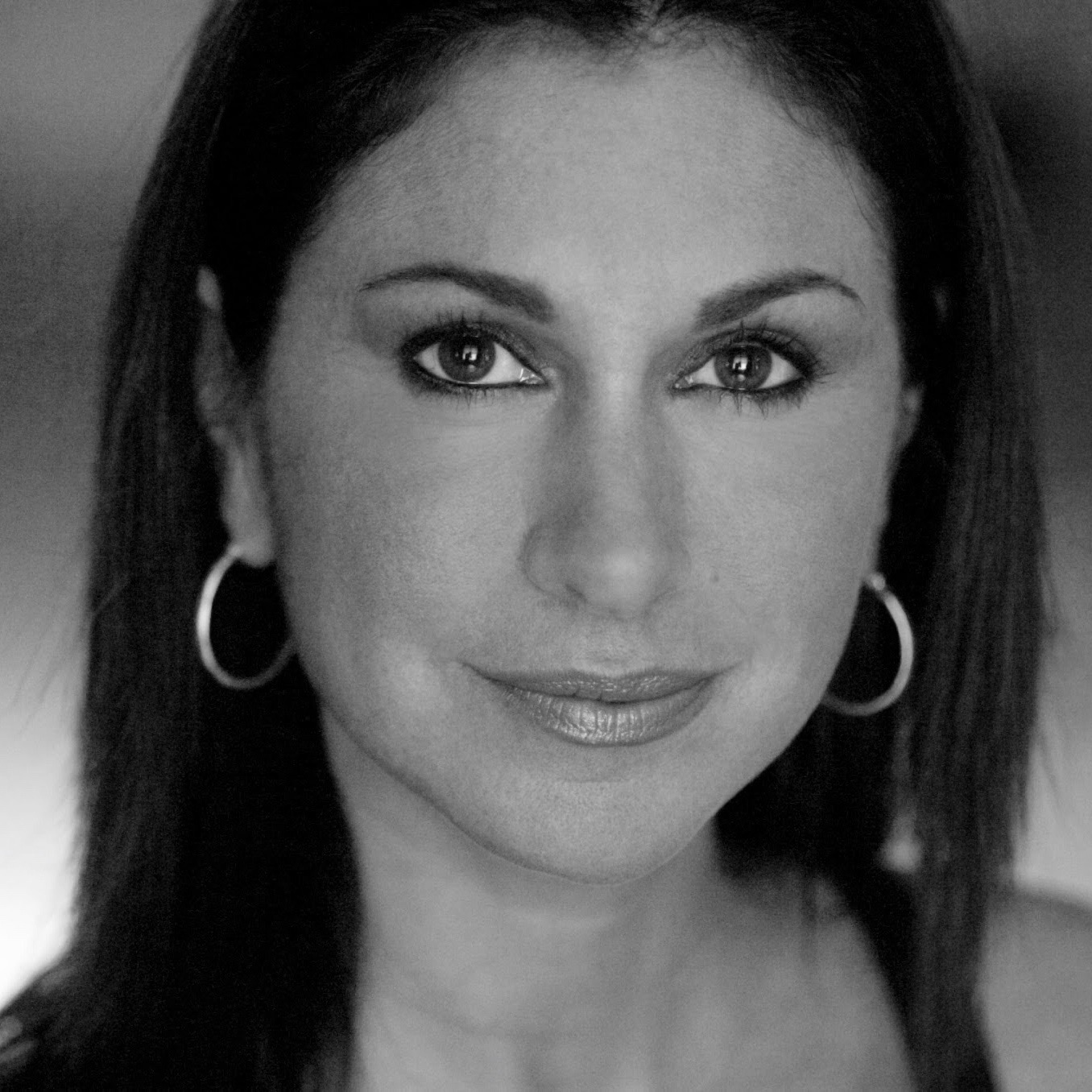
Q: When you open up to your scene partner and experience uninhibited vulnerability, are you ever concerned about growing too attached outside of the context of the character? Do you build walls to protect yourself from assimilating your life with the character, or is it best to remain open and allow chemistry to carry into your own life? I am curious, how much our preparation and training involve conditioning ourselves outside of the world of the piece?
Stanislavski said it beautifully when he noted that for an actor, truth and belief are one and the same. In everyday life, the truth isn’t necessarily dictated by what you believe. The sky is blue, your dog is brown, etc. But when you’re acting, the truth is in relation to what you believe. Your job is to make the imaginary circumstances and everything in them believable, and that can only happen if you make it all truthful for yourself. You have to find a way to believe imaginary circumstances are real, while you are acting.
Inherent in your question, you recognize how much of a personal investment this requires. Once you create an “as if”, it has to move you enough from within that you are lifted into a sense of truth. Depending on the sensitivity and talent of the actor, there can be a fine line, then, between life and art. You are manipulating yourself into believing the imaginary circumstances are real, so how do you move in and out of them?
The greatest actors use most of themselves that they can in their role. Not only do they find ways into the story to make it meaningful to themselves intellectually and creatively, but emotionally as well. When we watch great acting, we feel as if we are watching human behavior, we wouldn’t normally be privy to, because it is so personal. This is what I value as intimacy: IN-TO-ME-SEE. It is when the actor is truly living in a personal space. As you said this requires an advanced level of training for the instrument to be able to be that “vulnerable and uninhibited”. And once you get there, you can truly live inside of the circumstances and the relationships in the scene.
Many actors are afraid to go there, because they don’t know if they will understand the difference between their characters’ feelings and their own. And of course, there can be changes you feel while inhabiting a role. But I think that just goes with the territory. And frankly, I think it’s true for anyone playing at their best. When a great athlete is playing their game, they are in the zone. They have prepared their body mind and spirit extensively to play that particular other team, and then they play the game. Are there repercussions or residual feelings about that game before during and after? Of course. But that is their commitment. When a great pianist plays Carnegie Hall, in that moment of playing, they are absolutely at one with the concerto, and their emotional life follows suit. Same with a ballet dancer, same with a writer, and potentially most profoundly, with the actor. My point here is that any form of excellence is going to require a specific concentration of energies, and your body mind and inner life are going to be changed in that experience.
Sometimes actors develop the feelings of their characters, for each other. We often hear how co-stars fall in love. Sometimes that is because you have so much in common in that experience and it’s such concentrated time with another person expressing themselves, that it creates an opportunity for deep connection. Sometimes the roles end and the actors ask themselves, what was I thinking? I was in love with the character, not with the actor. Only practice develops the judgment to know the difference ahead of time, and that is not foolproof. An actor is very much a person who relinquishes control to the experience of the moment, so I’d be lying if I said there is a surefire safeguard to avoid this. You can make a rule, which is probably a wise one, to not get personally involved with your co-star until after the shoot or play is over, and certainly this professional boundary can help. But again, there are exceptions to every rule and every situation is different.
The best actors are living their roles truthfully. You must continue to investigate yourself to know what your boundaries are, so that you can maintain a healthy personal and professional life. This is the conditioning that will encourage the ability to go in and out of character: knowing yourself. And, to thine own self be true. The beautiful aspect of being an artist is that this is a lifetime pursuit, and as you grow and change so will your process. The joy is in the growth. Having a consistent process of preparation and releasing is important. And making choices that support a healthy process is also important. Maybe endowing your imaginary circumstances with something very personal brings an intense emotional response, but it is talking too much of a toll on you. You can choose something else. Even if it doesn’t feel as intense, the pursuit and the commitment to it will indoubtedly serve the same function. Maybe you are dying to ask out your costar but know in your gut it will create complications that aren’t productive. You can make a choice. There is no objectively right or wrong choice for the actor, just the best choice. In building the story, this is invoked by your creative team and the script itself. Then you choose which parts of yourself to use to make it truthful enough in relationship to your life, so that you can believe it.
The secret of acting is that it converts a fiction into a beautiful truth. Something that can be believed in. – Stanislavski
“The most difficult thing is the decision to act, the rest is merely tenacity. The fears are paper tigers. You can do anything you decide to do. You can act to change and control your life; and the procedure, the process is its own reward.” – Amelia Earhart
Please send your specific questions about the art of acting to staytuned@gmail.com and Kymberly will respond to a different question each week! There are no invalid questions, as long as they pertain to your craft and life as an actor.
Kymberly Harris is an actor’s director. She specializes in character-driven stories, whether the genre is drama, comedy, thriller, or action. Her extensive experience as a method acting coach to professional actors of all ages has led actors to seek her out to direct them towards their best performances in film, television, and theatre projects.























 More news and opinions than at a Shabbat dinner, right in your inbox.
More news and opinions than at a Shabbat dinner, right in your inbox.